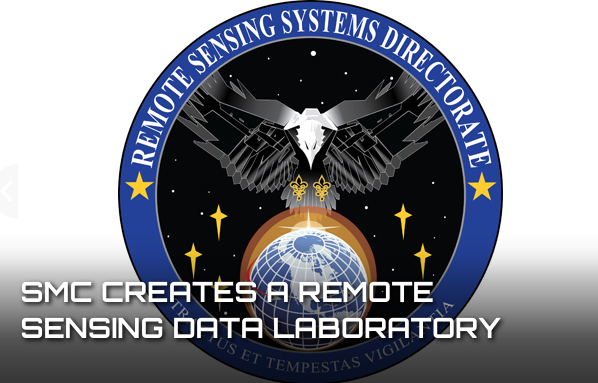
Thank you, job well done with amazing results. And now 15 years later, a decommissioning of USAF's SBIRS Combined Task Force.
The Air Force Space and Missile Systems Center decommissioned the Space Based Infrared Systems (SBIRS) Combined Task Force (CTF) in a ceremony September 1. This milestone concludes more than 15 years of successful CTF contributions to the mission. The CTF is comprised of SMC Remote Sensing, AF 460th Operations Group Detachment 1, Lockheed Martin and Northrup Grumman Corporation personnel.
Air Force Space Command established the CTF in March 2001 to help the SBIRS program resolve early challenges fielding the ground system and to conducting launch, activation, and checkout of SBIRS satellites and payloads once on orbit. The CTF pioneered a novel approach to develop and deliver new capabilities by combining Air Force space acquisition and operations professionals with their contractor counterparts into a single, tightly integrated organization.
Maj. Gen. Roger Teague, director of Space Programs in the Office of the Assistant Secretary for Acquisition and former commander, Space-Based Infrared Systems Space Group, officiated at the CTF Decommissioning ceremony.
While senior leaders predicted the unit would be important to the future of the SBIRS program, the CTF team accomplished far more than was initially envisioned. The SMC Remote Sensing Directorate acquisition experts and 460th Space Wing operators jointly developed unique operations procedures and certification standards, as well as led test and validation procedures.
“The CTF cadre’s exemplary teamwork and professionalism set a tough standard for a multi-disciplinary partnership on a major space program,” said Brig. Gen. Mike Guetlein, Remote Sensing Systems Program director. “From day one, the task force combined strengths of test, operations and development to achieve the common goals of providing effective Overhead Persistent Infrared (OPIR) capabilities to effectively support warfighters out in the field.”
This effort enabled the CTF to successfully support the launch, on-orbit initialization, interim operations and ground mission processing for the first two SBIRS satellites and sensors to support all its mission areas. This enabled the Air Force to meet all mission requirements without interruption, prepare for the third SBIRS satellite launch while delivering the advanced, fully integrated Block 10 ground architecture for operational certification this fall.
David Sheridan, vice president of Lockheed Martin’s OPIR Systems Mission Area echoed Brig. Gen. Guetlein’s appreciation on behalf of the SBIRS industry team. “Lockheed Martin is extremely proud to have held major leadership and technical roles in the CTF’s success. Together with the government and our industry partners in the CTF, we’re honored to have been a critical link delivering powerful new remote sensing capabilities that will benefit the nation and allies for decades to come.”
"We are honored to operate the most capable IR surveillance and warning system ever designed in defense of the US and her allies," said Col. David Miller, Jr., 460th Space Wing Commander. "We simply could not perform our mission without the men and women at the CTF and the entire team here at Boulder, and we have been proud to call this place home for over 15 years."
The Remote Sensing Systems Directorate at the Space and Missile Systems Center at Los Angeles AFB in Los Angeles manages the SBIRS program. Lockheed Martin Space Systems Company, Sunnyvale, California is the SBIRS prime contractor and Northrop Grumman Electronic Systems, Azusa, California is the payload integrator. The 460th Space Wing at Buckley AFB in Aurora, Colorado, operates the SBIRS constellation.
The SBIRS program delivers timely, reliable and accurate missile-warning and infrared surveillance information to the president of the United States, the secretary of defense, combatant commanders, the intelligence community and other key decision makers. The system enhances global missile launch detection capability, supports the nation’s ballistic missile defense system, expands the country’s technical intelligence gathering capacity and bolsters situational awareness for warfighters on the battlefield.

